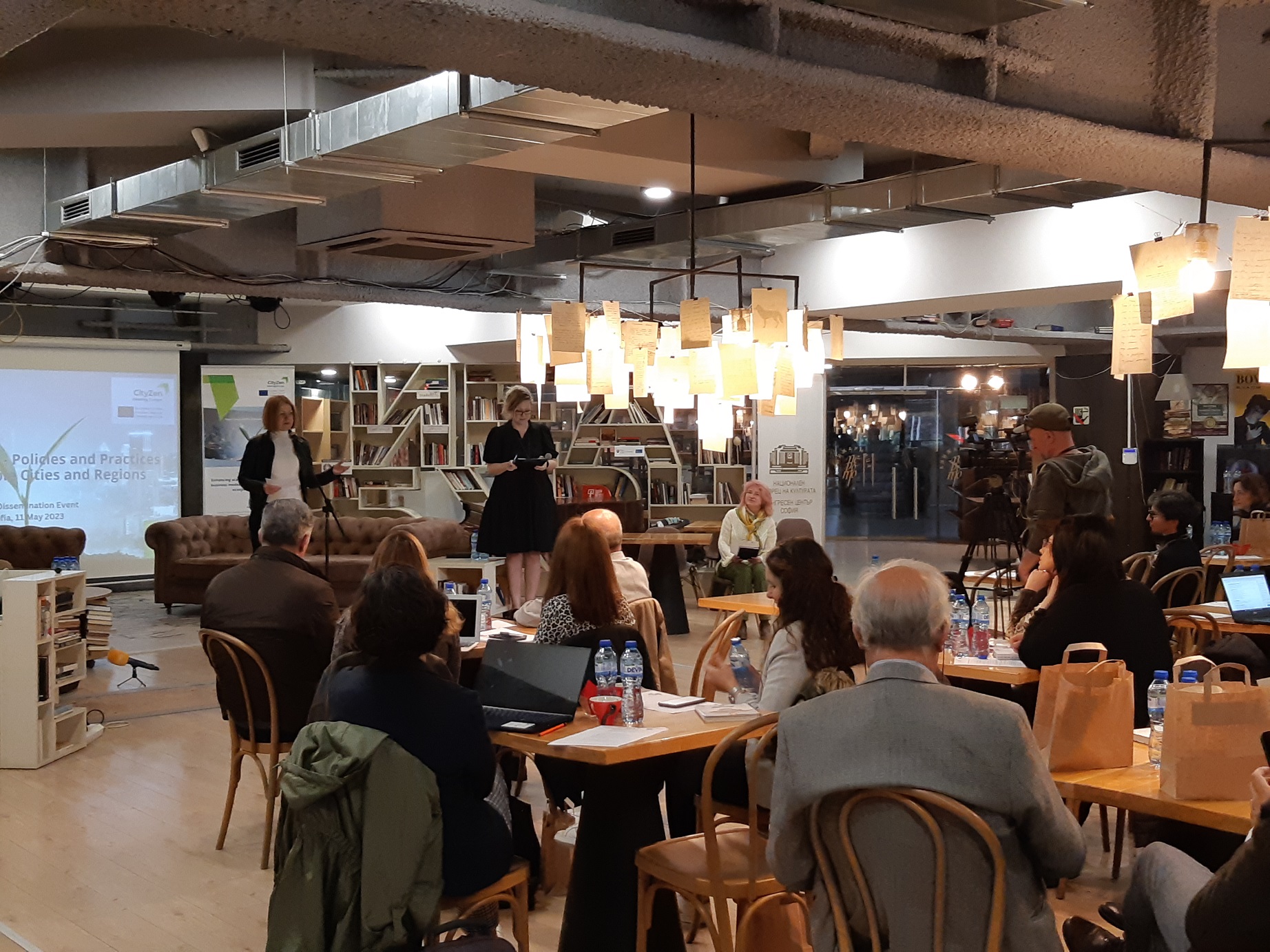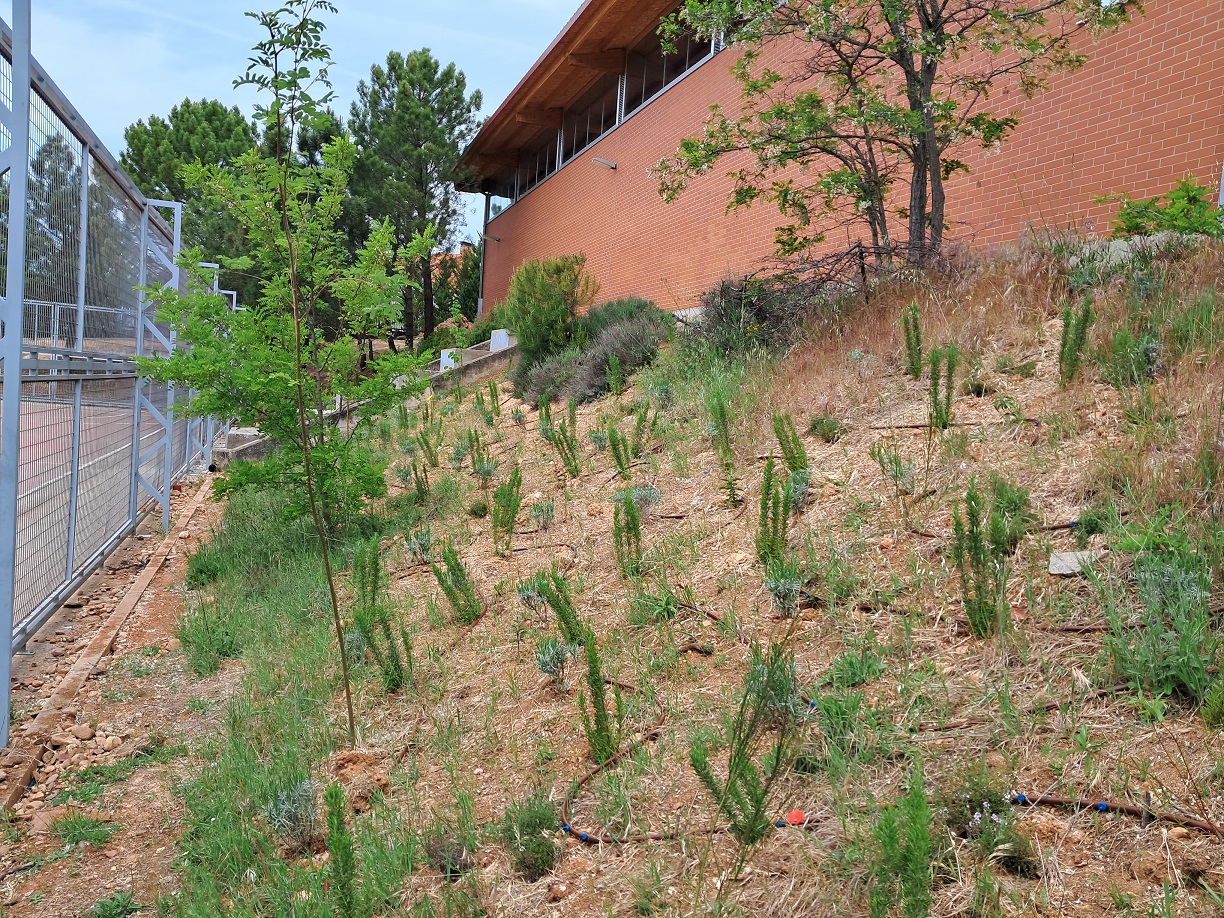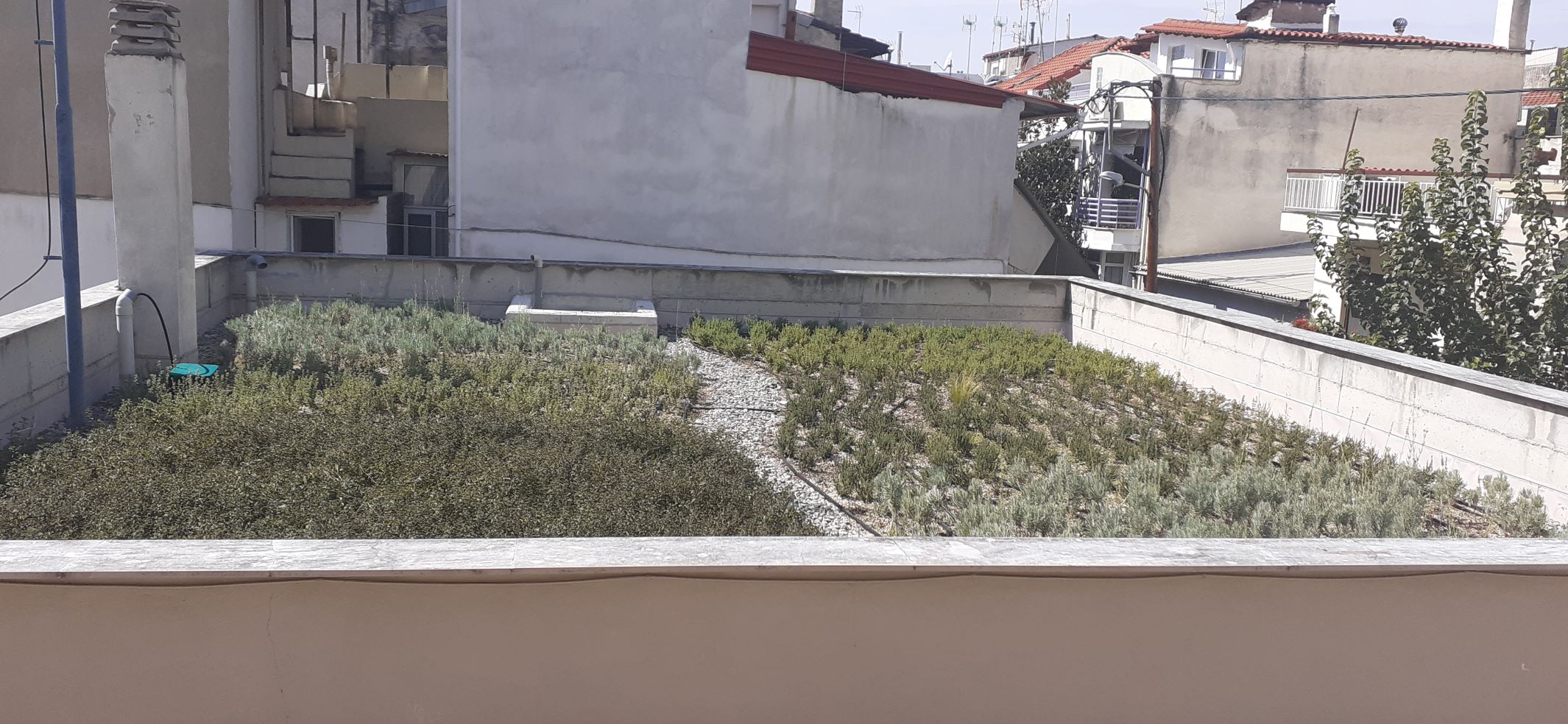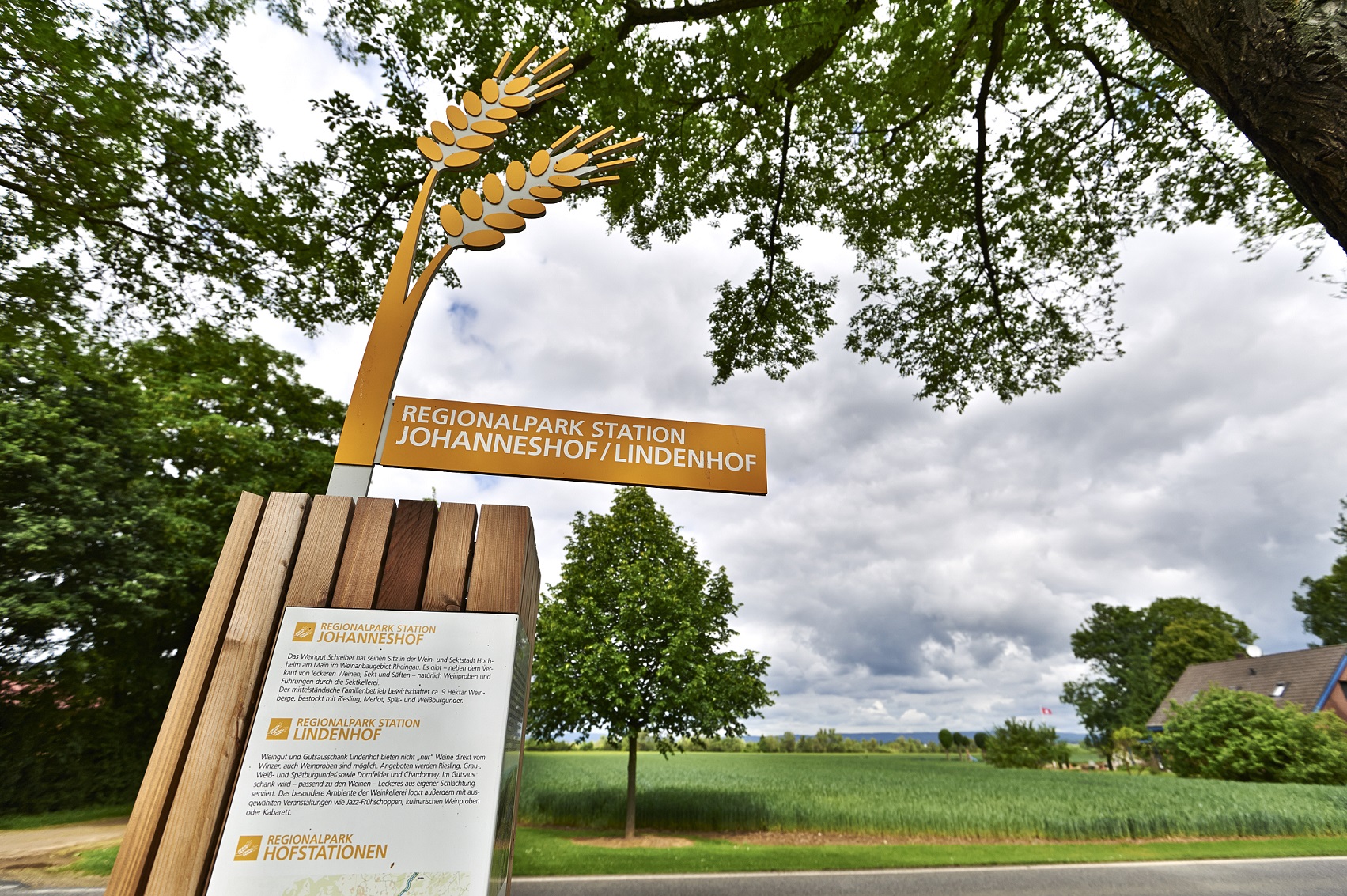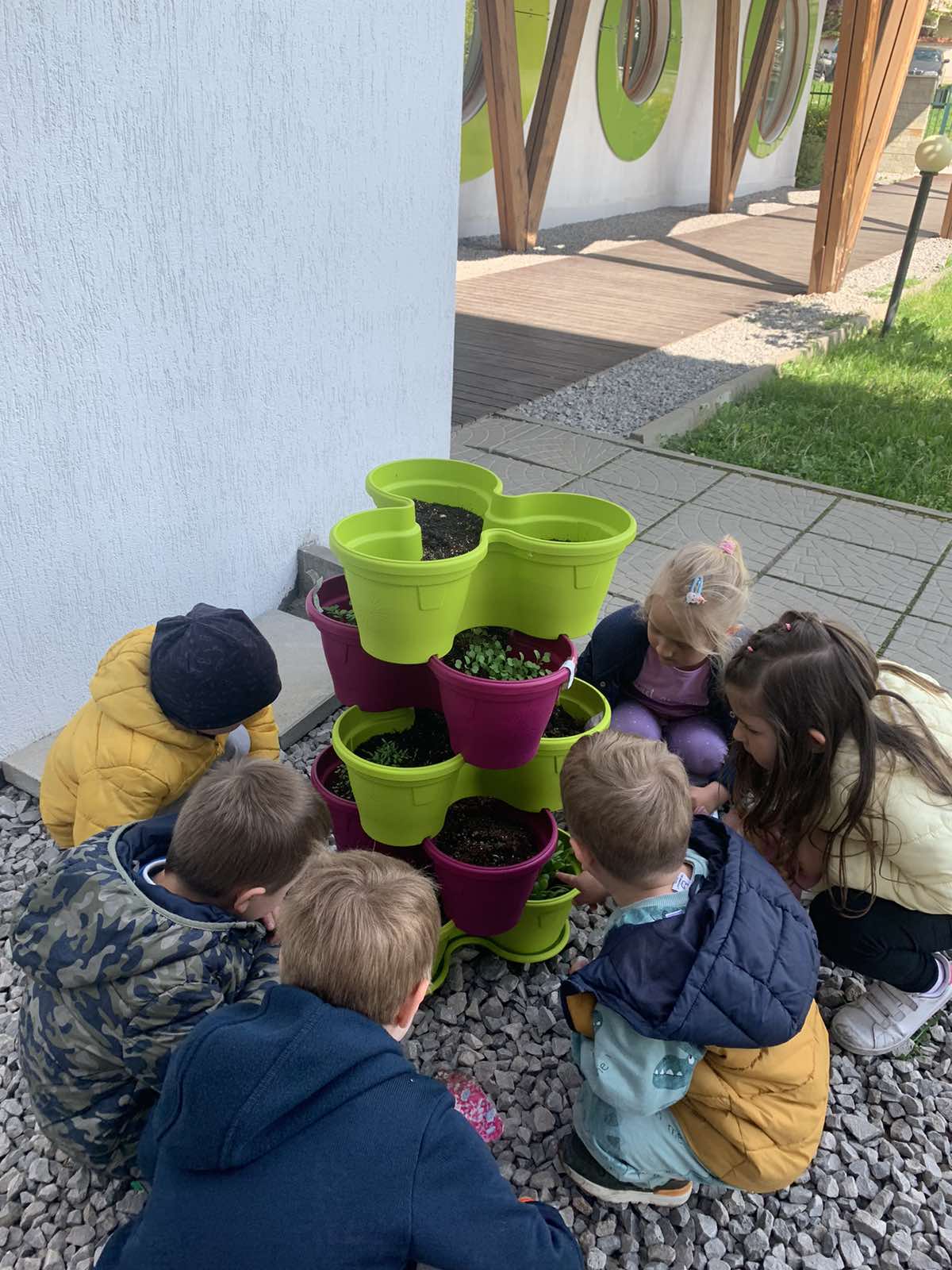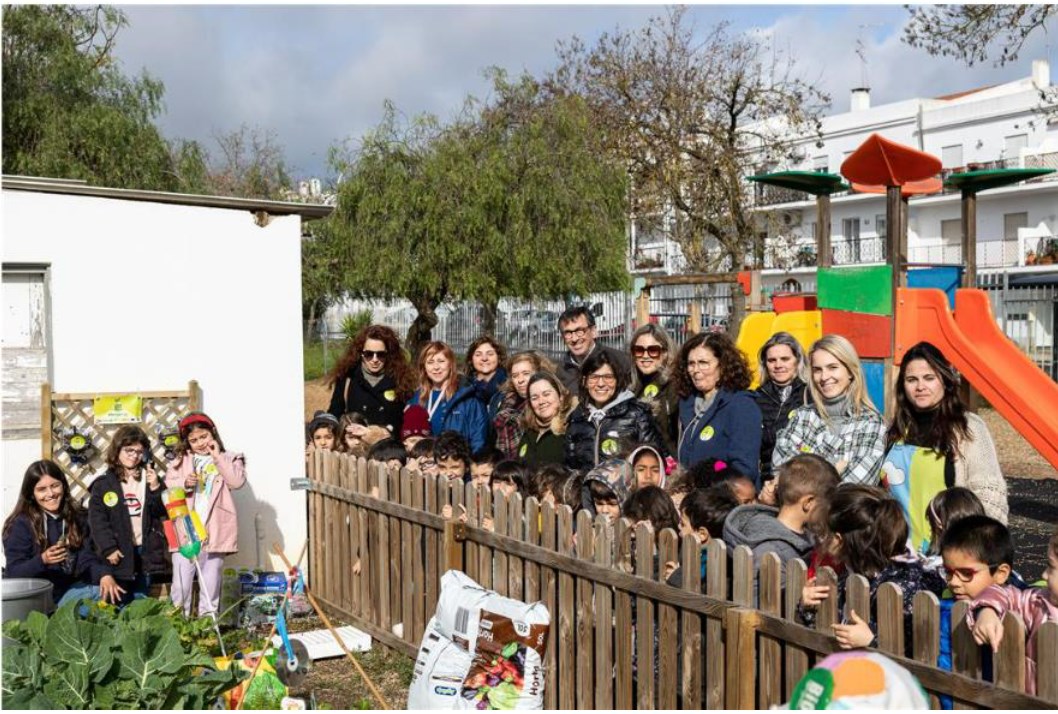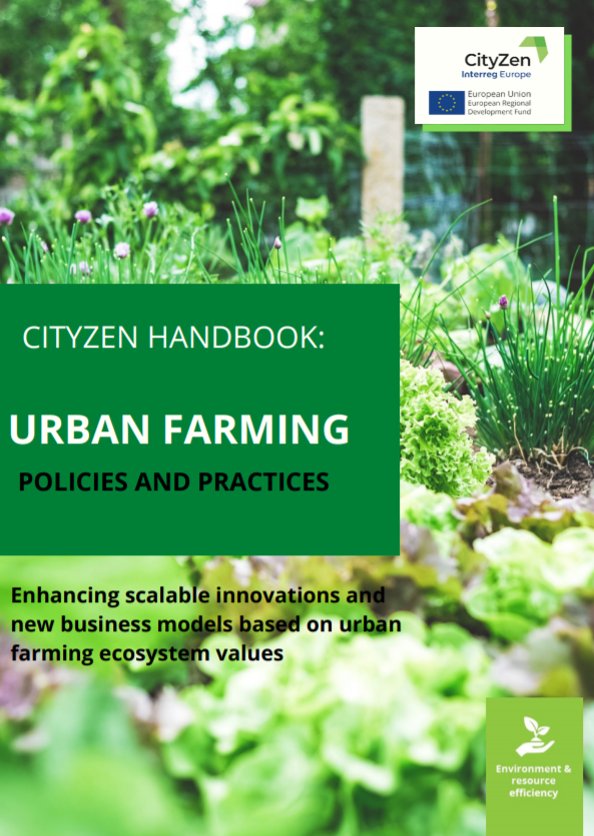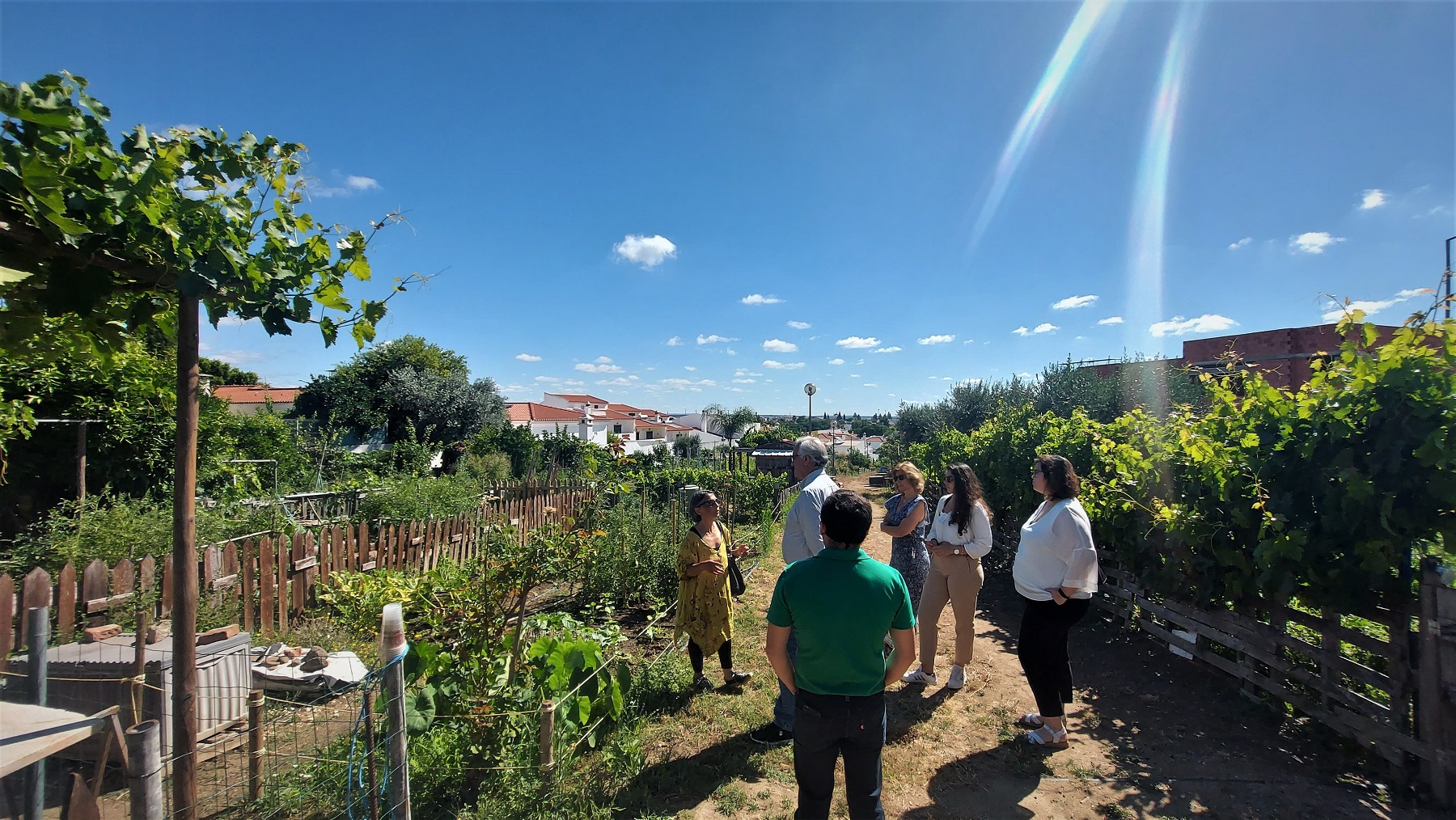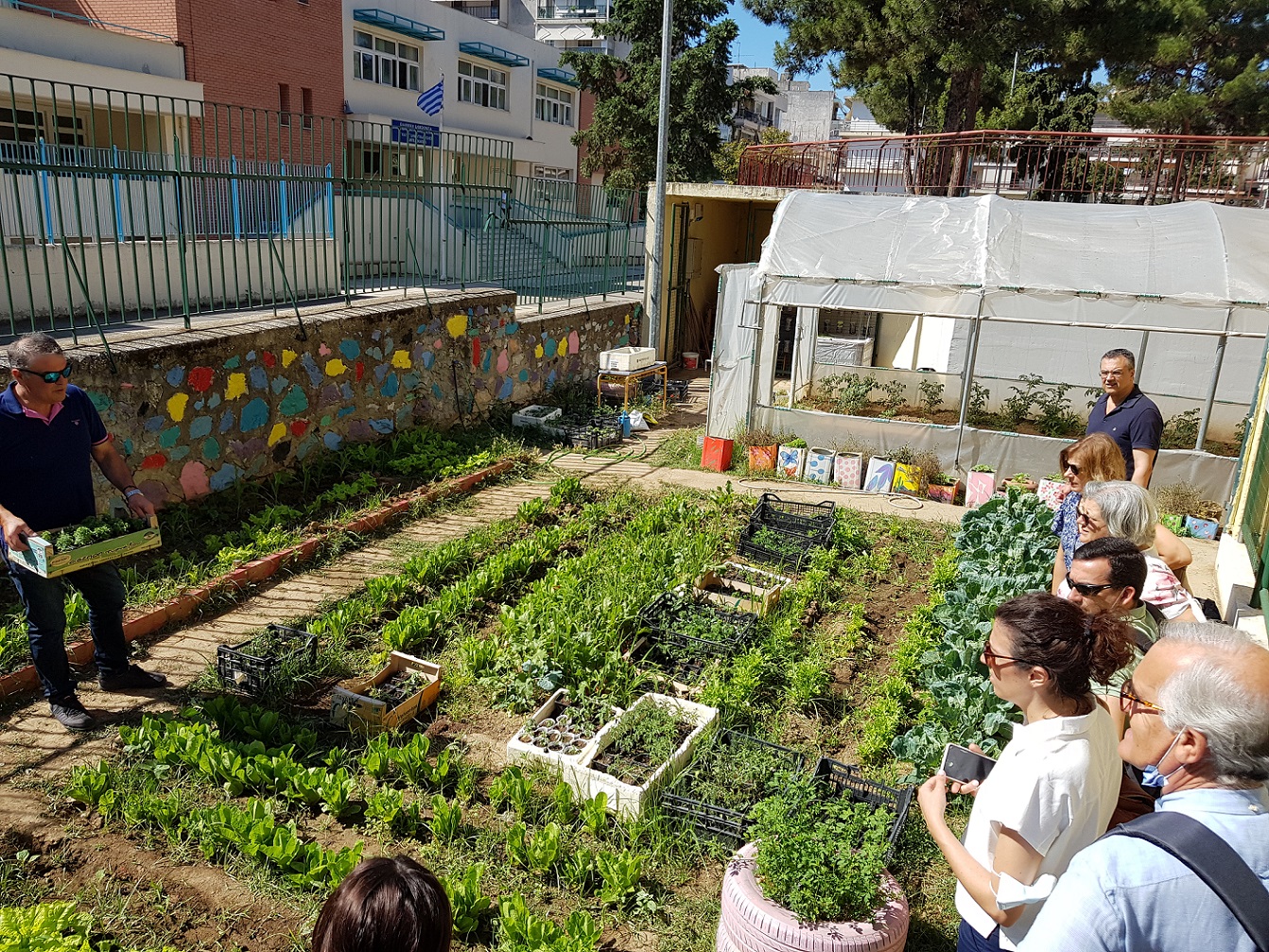The Baixo Alentejo sub region is divided into 13 municipalities and characterized by open plains, protected areas and intensive agriculture and forestry. Its main challenge is to respond to recent and future problems of people moving from rural areas to cities, thus creating more pressure in the use of urban resources. New interventions that generate economic and social value from the sustained use of city resources are of key importance to ensure that Baixo Alentejo keeps the quality status of environment and resource excellence.
Baixo Alentejo region developed the Baixo Alentejo Strategic Development Plan (PEDBA) that materializes the Integrated Strategy for Territorial Development for the Baixo Alentejo NUTSIII region. It is a policy instrument that allows to integrate regional strategy and EU objectives to sub regional level and at the same time to mobilize the resources into implementing this strategy.
The priorities of PEDBA directly contribute to the implementation of green economy and resource efficiency initiatives for more sustainable urban systems. It foresees interventions related to infrastructures and their integration in the specific context of urban rehabilitation operations, development of innovative solutions and pilot actions in the field of sustainable urban development and resource efficiency, support to the monitoring of environmental parameters and qualification of the urban environment and consequent rehabilitation.
Urban farming is not a new phenomenon in Beja and has gained momentum over the past eight years
Beja is essentially a rural municipality linked to agriculture, where many families make their living from it. The practice of cultivation for own consumption has been extended by the Municipality of Beja through its project "Hortas Urbanas" (Urban farmings), which consists of allocating small plots of land in the city to families tending to economic shortages and quickly became a success, since all plots have been allocated and have been regularly used. The methodology used was the use of spaces initially thought of as green areas, in projects of urban housing allotment and its transformation into vegetable gardens, gardens, within the urban perimeter of the city.
There are also urban farms in three rural parishes. This type of activity is important for the financial balance of the families, but also represents a strong contribution to the environmental balance, through land use, space use and cultural conservation. Continuous support for this practice and the possibility of expansion to other areas or eventually to other rural parishes is essential.
The main challenge in the region is to eliminate barriers that still exist on the eco-innovation processes, to generate new knowledge on urban farming opportunities to sustain city resources and translate that knowledge into new green infrastructures, products, services and business models.
With CityZen both Beja and CIMBAL aim at learning and sharing good policy practices on how urban farming could be accelerated and integrated into local/regional policy agendas.
Picture credit: CIMBAL


